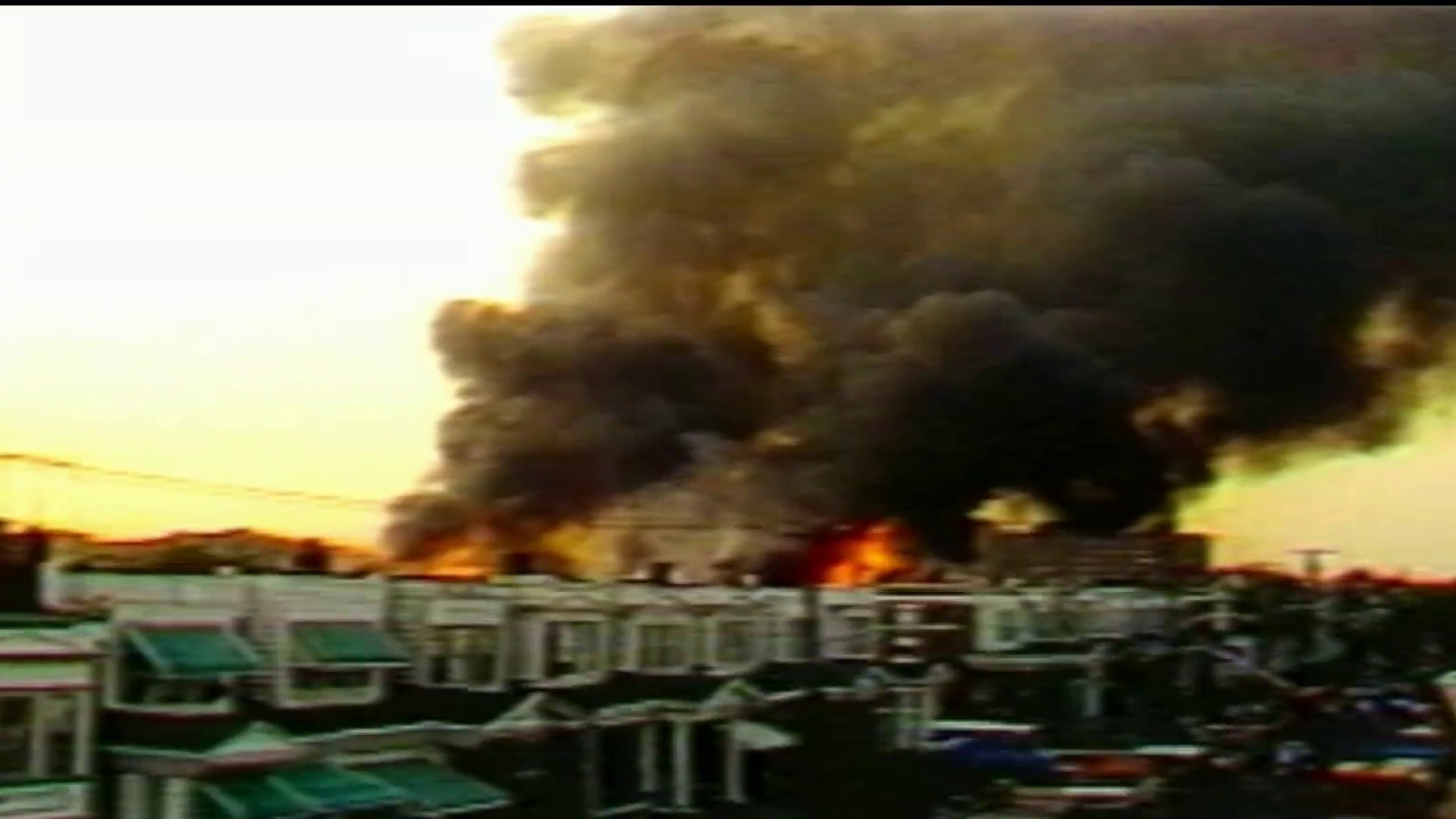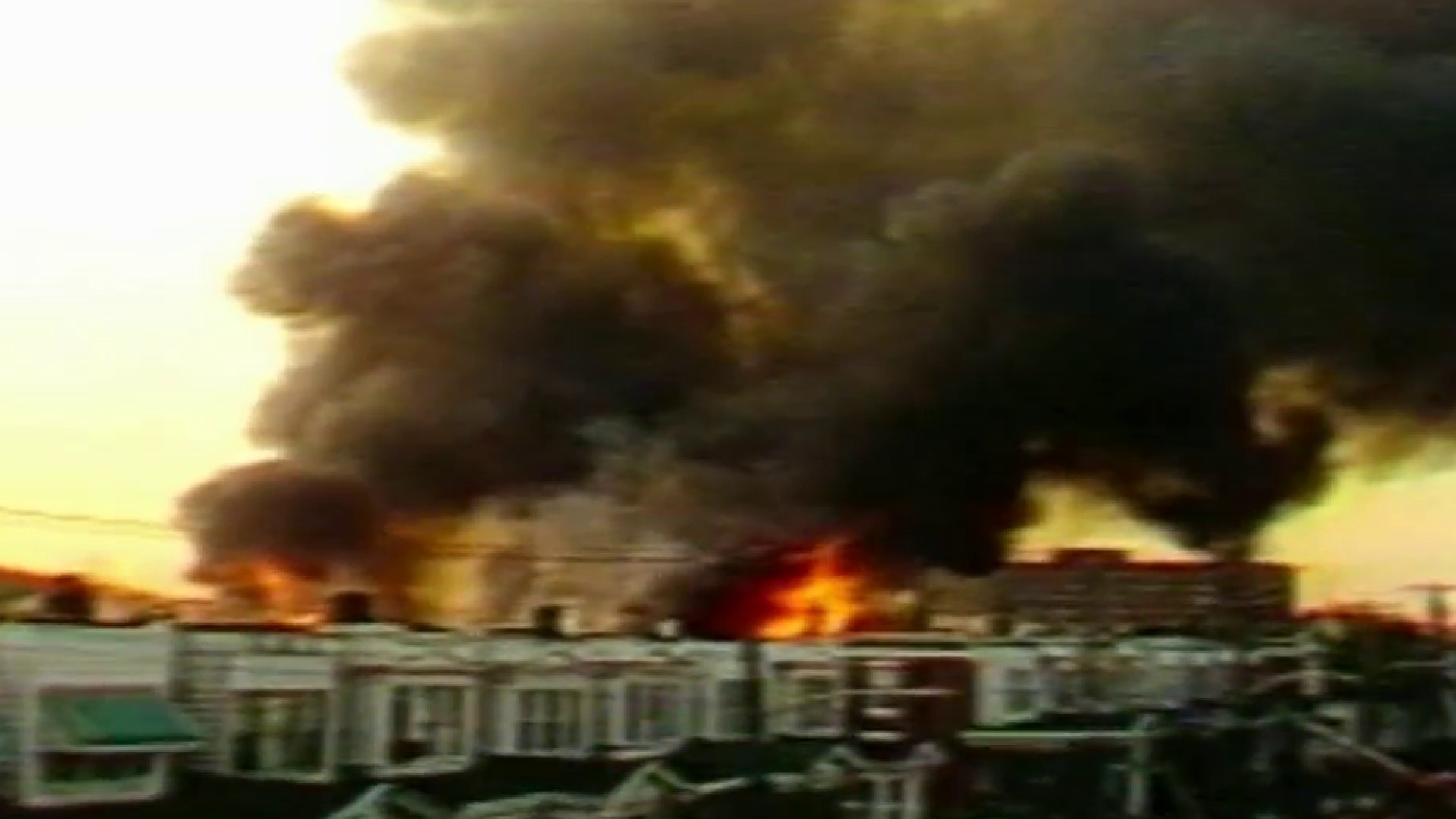What to Know
- The Penn Museum in West Philadelphia apologized Monday for holding in storage the remains of some of the people killed in the MOVE Bombing of 1985 ever since the disaster decades ago.
- The museum, owned and staffed by the University of Pennsylvania, also promised an independent investigation.
- Meanwhile, the city of Philadelphia also said it is conducting a review of how and why someone in the city medical examiner's office gave to the museum the remains from some of the 11 victims killed in the bombing.
The Penn Museum in West Philadelphia apologized Monday for holding in storage the remains of some of the people killed in the MOVE Bombing of 1985 ever since the disaster decades ago.
The museum, owned and staffed by the University of Pennsylvania, promised an independent investigation. They also told NBC10 on Tuesday that they could "confirm the remains are accounted for."
Meanwhile, the city of Philadelphia also said it is conducting a review of how and why someone in the city medical examiner's office gave to the museum the remains from some of the 11 victims killed in the bombing.
Get top local stories in Philly delivered to you every morning. >Sign up for NBC Philadelphia's News Headlines newsletter.
"The records from that time are in the City Archives," city Health Department spokesman James Garrow said. "We have requested them to investigate what happened."
The MOVE Bombing is one of the darkest moments in modern Philadelphia's history. The city mayor at the time, Wilson Goode Sr., ordered the police department to drop an explosive onto a compound of rowhomes along Osage Avenue in West Philadelphia during a siege. The order, for which Goode only recently publicly apologized, occurred as police were trying to arrest several members of a black liberation organization called MOVE.
Eleven MOVE members, including five children and the organization's founder John Africa, died in the bombing.
Last week, a story published by news site Billy Penn reported that the Penn Museum still had remains of some of those 11 victims.
"The Penn Museum and the University of Pennsylvania apologize to the Africa family and to our community for allowing human remains recovered from the MOVE house to be used for research and teaching, and for retaining the remains for far too long," the university said in a statement Monday.
"In our judgment, it is imperative that we bring in an outside investigator who can examine how this unfolded and provide us with a complete report on what transpired," the statement added.
Attorneys Joe Tucker and Carl Singley of the Tucker Law Group have been hired by Penn to investigate what happened, and the university said it would release their findings once the review is complete.



